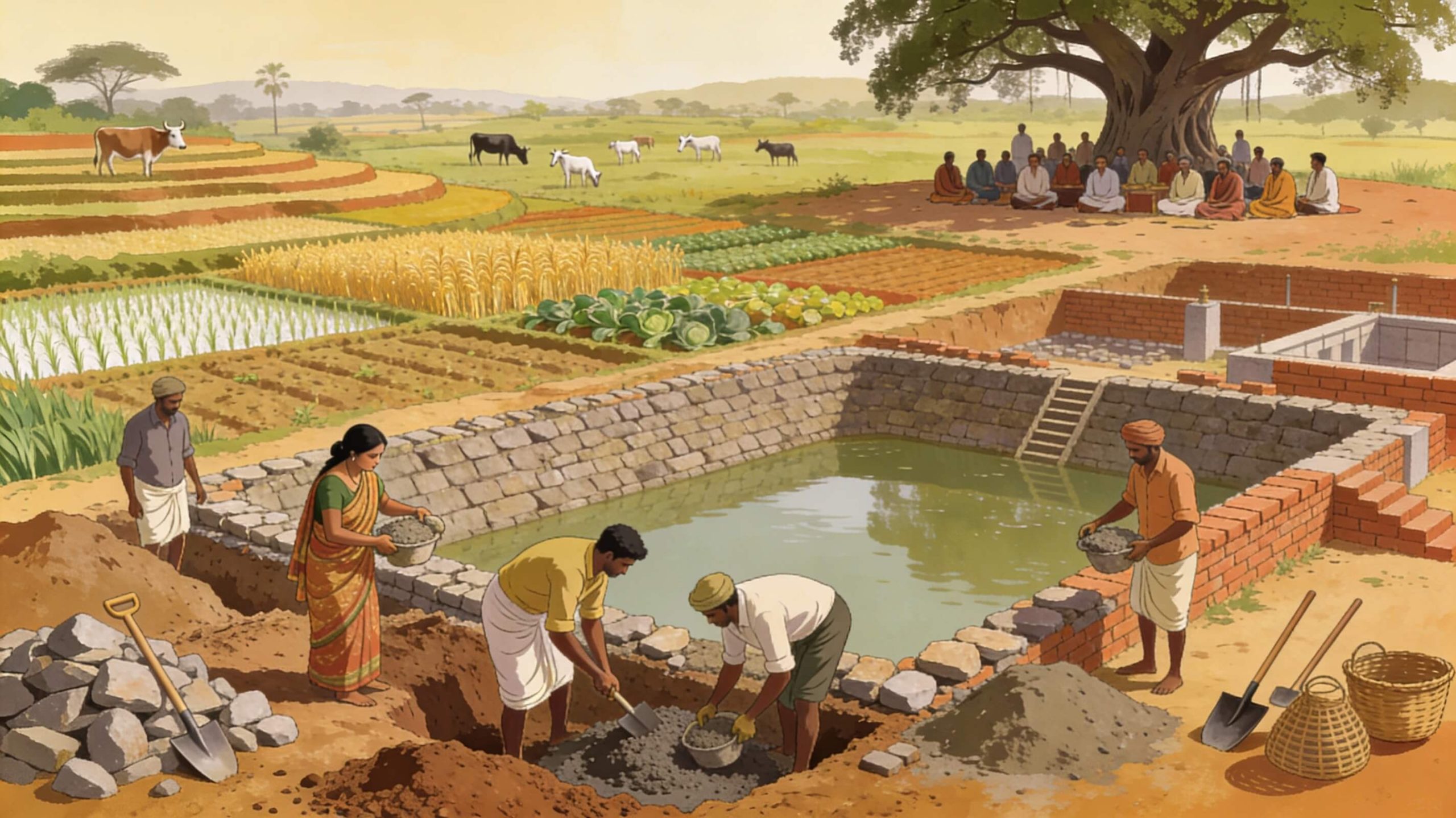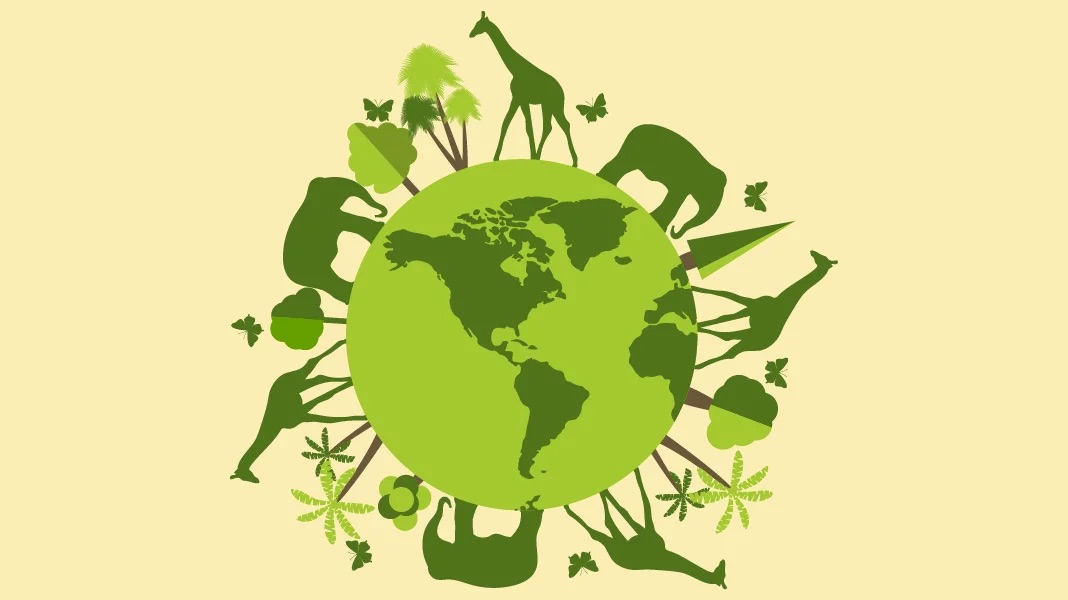The ICAR Research Complex for Eastern Region (ICAR-RCER) in Patna recently held its 21st Research Advisory Committee (RAC) meeting. This important event took place from July 2 to July 4, 2025. The meeting was led by Dr. K.D. Kokate, a former Deputy Director General of Agricultural Extension at ICAR, New Delhi. Key experts attended the meeting, including Dr. Masood Ali and Dr. S.D. Singh, who shared their valuable insights.
During the meeting, the experts discussed ongoing agricultural research and future strategies. They focused on several crucial topics, including climate-resilient farming, waste-to-wealth innovations, and the use of advanced technologies like Artificial Intelligence (AI) and Machine Learning (ML) in agriculture. These discussions are vital as Indian agriculture faces many challenges, such as climate change and unstable markets.
Dr. Kokate highlighted the importance of making research relevant to farmers. He stated that the research should aim to strengthen farmers’ livelihoods by offering practical and scalable solutions. This focus is essential for making a real difference in the agricultural sector.
The concept of “Wealth from Waste” was a significant theme during the meeting. Dr. Kokate explained how proper waste management can enhance productivity while also protecting the environment. This approach aligns with the goals of sustainable development, which are increasingly important in today’s world.
Dr. A. Velmurugan, another key speaker, praised the work of the institute and suggested further research in several areas. He emphasized the need for developing economic models that benefit farmers, studying soil nutrients in rice-fallow regions, and improving value chains. These recommendations aim to create a more robust agricultural system in the eastern region of India.
Committee members also contributed their ideas. Dr. Masood Ali stressed the necessity of increasing green cover in rice-fallow areas. He suggested that integrated farming systems could be beneficial in various eastern districts. This recommendation is significant in improving agricultural sustainability.
Dr. S. Kumar, reflecting on the institute’s Silver Jubilee, proposed adopting a System Productivity Optimization Index. This index could help track and improve agricultural productivity over time. Meanwhile, Dr. K.N. Tiwari pointed out the urgent need to assess groundwater and soil quality in Jharkhand’s coal mining zones, especially concerning arsenic contamination.
Dr. S.D. Singh called for more attention to post-harvest research. He noted that minimizing losses in agriculture and related sectors is crucial for enhancing overall productivity and profitability.
The meeting concluded with a tour of the institute’s experimental fields and laboratories, where committee members were shown various ongoing research initiatives. An exhibition was also held during this event. Two extension folders were released, and a Memorandum of Understanding related to mushroom research was signed.
In summary, the 21st RAC meeting at ICAR-RCER was a platform for sharing ideas and solutions to improve agriculture in India. By focusing on the needs of farmers and incorporating advanced technologies, the research can lead to sustainable agricultural practices that benefit everyone involved. Such initiatives are vital for enhancing the livelihoods of farmers while addressing the pressing challenges of climate change and resource management in agriculture.




